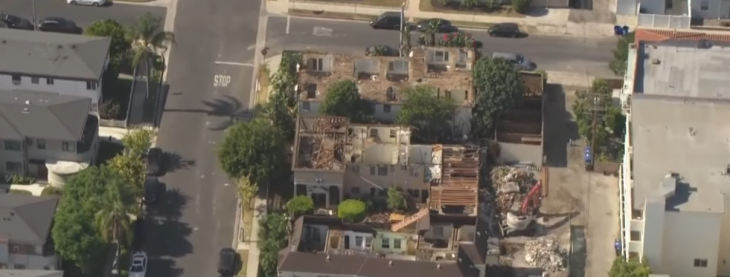Court Says Wildfire Insurance Program Illegally Denied Claims
Legal protections for California homeowners took a step forward this week after a judge ruled that the state’s last-resort insurance program has been unlawfully restricting coverage for wildfire-related smoke damage.
In a decision issued Tuesday, Los Angeles Superior Court Judge Stuart M. Rice sided with plaintiff Jay Aliff, who sued the California FAIR Plan Association over its denial of coverage following the 2020 Mountain View Fire. The ruling targets the program’s longstanding practice of requiring smoke damage to be visible or easily detectable by sight or smell—rather than through lab testing—before a claim could be honored.
The case centers on Aliff’s Lake Tahoe–area home, which sustained smoke contamination during the fire. FAIR Plan’s partial denial cited the absence of visible damage and argued that cleanup of fire residue disqualified the claim from being considered a “direct physical loss.” Judge Rice found that such criteria violated California insurance law, which does not limit detection to the “unaided human eye” or nose.
While insurers generally cover structural fire damage, growing disputes have emerged over how to treat properties affected primarily by smoke and toxic residue. Modern urban wildfires can release hazardous materials such as lead and polycyclic aromatic hydrocarbons (PAHs), including benzene—substances often imperceptible without scientific analysis.
Designed as a safety net for homeowners who cannot obtain private insurance, the California FAIR Plan has faced mounting scrutiny as enrollment has surged. More than 550,000 households relied on the program as of March 2025—more than double the figure reported in 2020, according to state officials.
Judge Rice’s ruling underscores broader concerns over how insurers adapt to escalating wildfire risks. The Department of Insurance has long warned against the FAIR Plan’s narrow claim standards, maintaining that “direct physical loss” includes smoke contamination not always evident to the average person.
Aliff’s victory could open the door to further challenges against the FAIR Plan, particularly as wildfires continue to test the resilience of California’s strained insurance market.

























